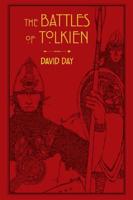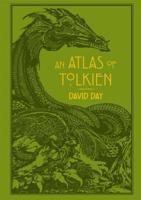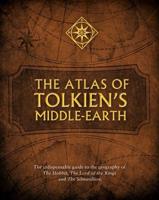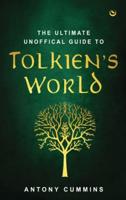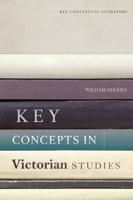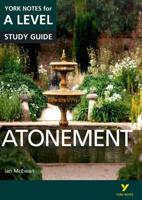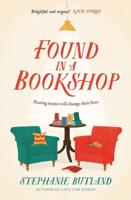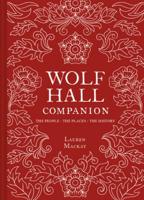Publisher's Synopsis
Daniel Born explores the concept of liberal guilt as it first developed in British political and literary culture between the late Romantic period and World War I. Disturbed by the twin spectacle of urban poverty at home and imperialism abroad, major novelists--including Charles Dickens, George Eliot, George Gissing, Joseph Conrad, E. M. Forster, and H. G. Wells--offered a host of characters who reflect distinct moral responses and sensibilities. Motivated by the belief that evil is a product of social and economic disparities rather than individual depravity, these characters exhibit guilty consciences in which the guilt is not at all like that envisioned by Victorian Christianity. But at the same time, they are premodern, in that they do not possess our therapeutic culture's notion of guilt as neurosis or pathology. Liberal guilt declined in the Edwardian period, as exemplified in Wells's postmodern masterpiece, Tono-Bungay. But Born contends that it is a key aspect of 'the liberal imagination' expounded by Lionel Trilling and that it offers correctives to the simplistic individual moral economy of Christianity, the authoritarian modernisms that followed the Edwardian era, and even the strains of liberal nationalism that define the present day.
|This classic work of on the history of 19th-century Brazil now includes a new chapter on women.



